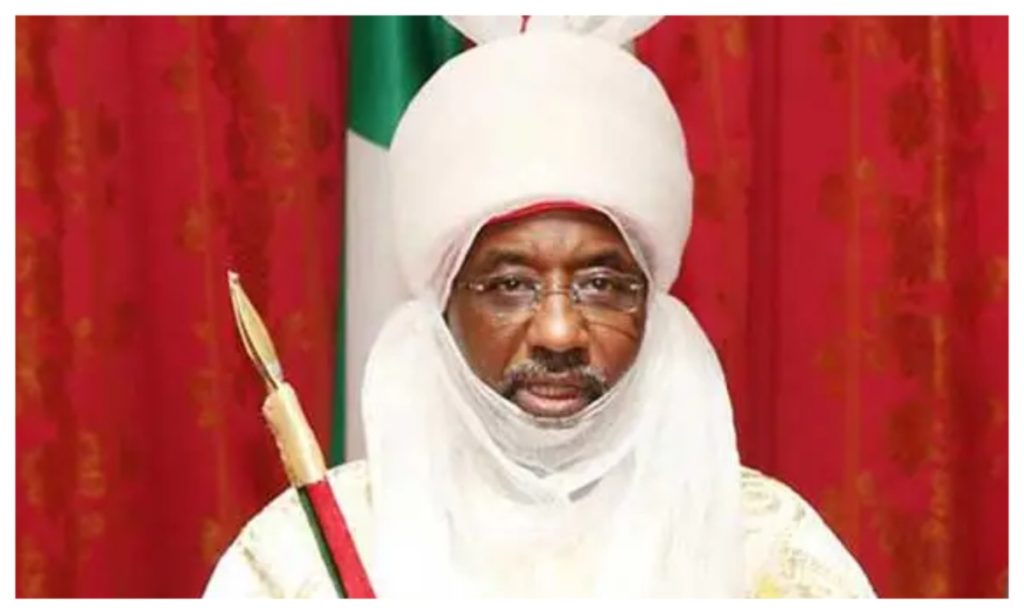Brothers Saviour and Solomon Iwot have inherited the family rubber business in Cross River State, Nigeria from their 82-year-old father, James Iwot. Despite diversifying into other small enterprises, they remain dedicated to rubber farming, as it has historically sustained their family. However, they are now facing challenges that are emblematic of a broader problem affecting rubber farmers in the region.
According to Saviour, the government must recognize the potential of rubber as a significant contributor to the state and national economies. He emphasized the need for the government to allocate 100 hectares of land to facilitate the cultivation of new rubber plantations.
Solomon echoed his brother’s sentiments, highlighting the declining quality of rubber from aged plantations and the necessity for good quality clones, which are currently expensive and in high demand in the international market. He also urged the government to include rubber in the state’s 2024 budget and formulate a policy to catalyze the development of the commodity by providing at least 100,000 hectares of land for rubber cultivation.
The Iwot brothers’ concerns about the challenges of rubber farming were echoed by industry experts. Otobong Etuk, an assistant manager at Enghuart Industries, lamented the lack of government support for the sector, emphasizing the difficulties in obtaining fertilizers and attracting workers due to low wages. This sentiment was reiterated by Philip Okam, the manager for nursery development at Enghuart, who emphasized the need for increased manpower and government assistance.
Patrick Essien, a development manager at Pamol, attributed the impediments to upscaling rubber production to policy makers, advocating for the involvement of experts to formulate effective policies to boost the agricultural sector.
In contrast, Bassey Okon, the General manager of Pamol Nigeria Ltd, highlighted the vast potential of rubber cultivation, emphasizing its capacity to generate employment and earn revenue through carbon credits. He urged authorities to focus on rubber to harness these benefits, particularly in the context of climate change.
Umo Inameti, chairman of NARPPMAN in Cross River State, stressed the economic potential of rubber and urged both state and federal governments to prioritize the industry to enhance the economy and address unemployment. He emphasized the significant contribution that rubber could make to the state’s annual income.
Mr. Usen Umoh, National Vice President, South-South of NARPMAN, further emphasized the need for government support to develop rubber plantations in the region, echoing the sentiments of other industry stakeholders.
In response to these concerns, Governor Bassey Otu announced a N30 billion commercial agric development fund called ‘Project Grow’ to bolster various agricultural sub-sectors, including rubber. Furthermore, the Commissioner for Agriculture and Irrigation, Johnson Ebokpo, expressed the government’s commitment to enhancing local rubber processing and emphasized the critical role of agriculture in stimulating the state’s economy.
The plight of rubber farmers in Cross River State reflects broader issues faced by agricultural communities in Nigeria. These challenges warrant urgent attention from both the state and federal governments to realize the full potential of the rubber industry and alleviate the economic burden on farmers.



